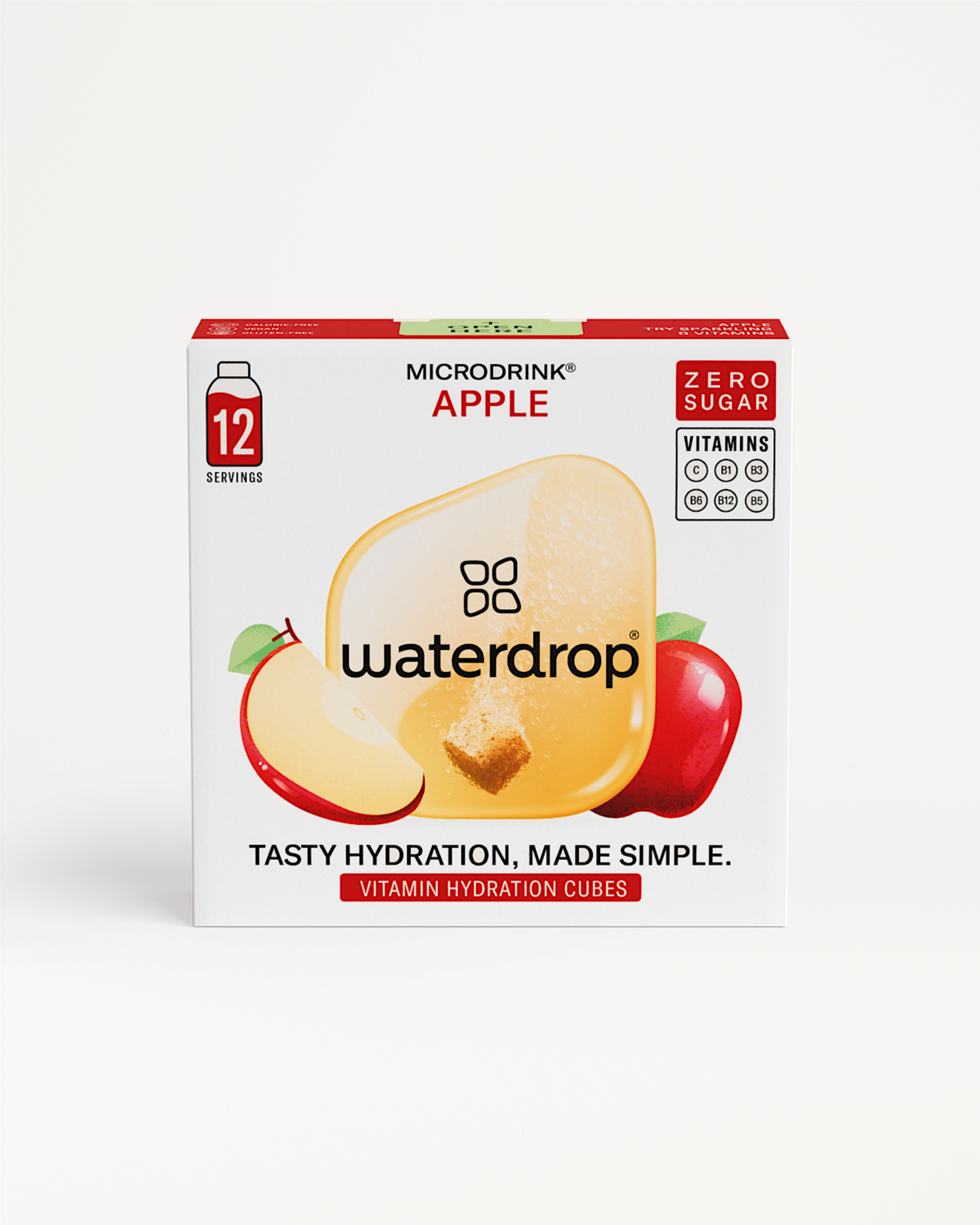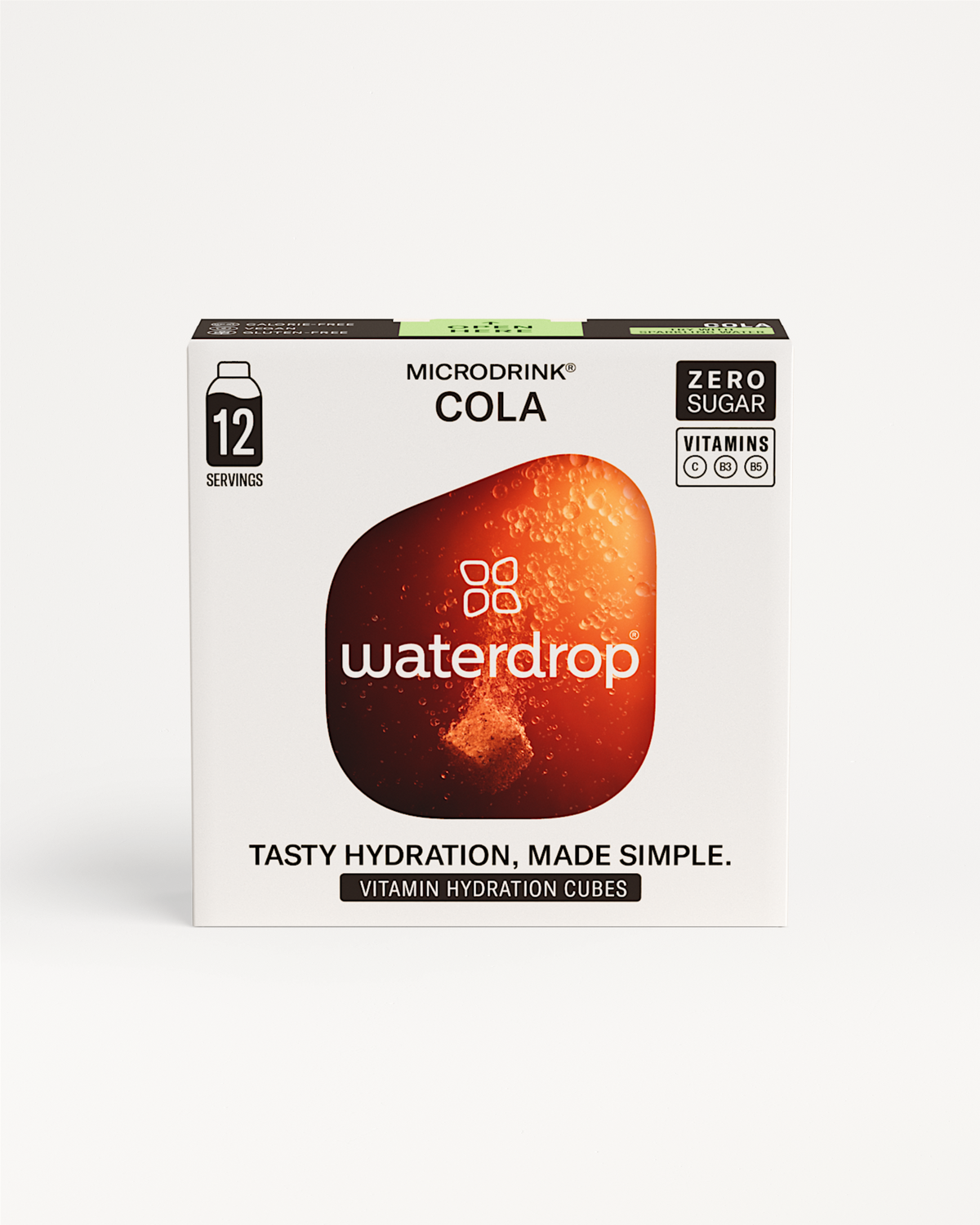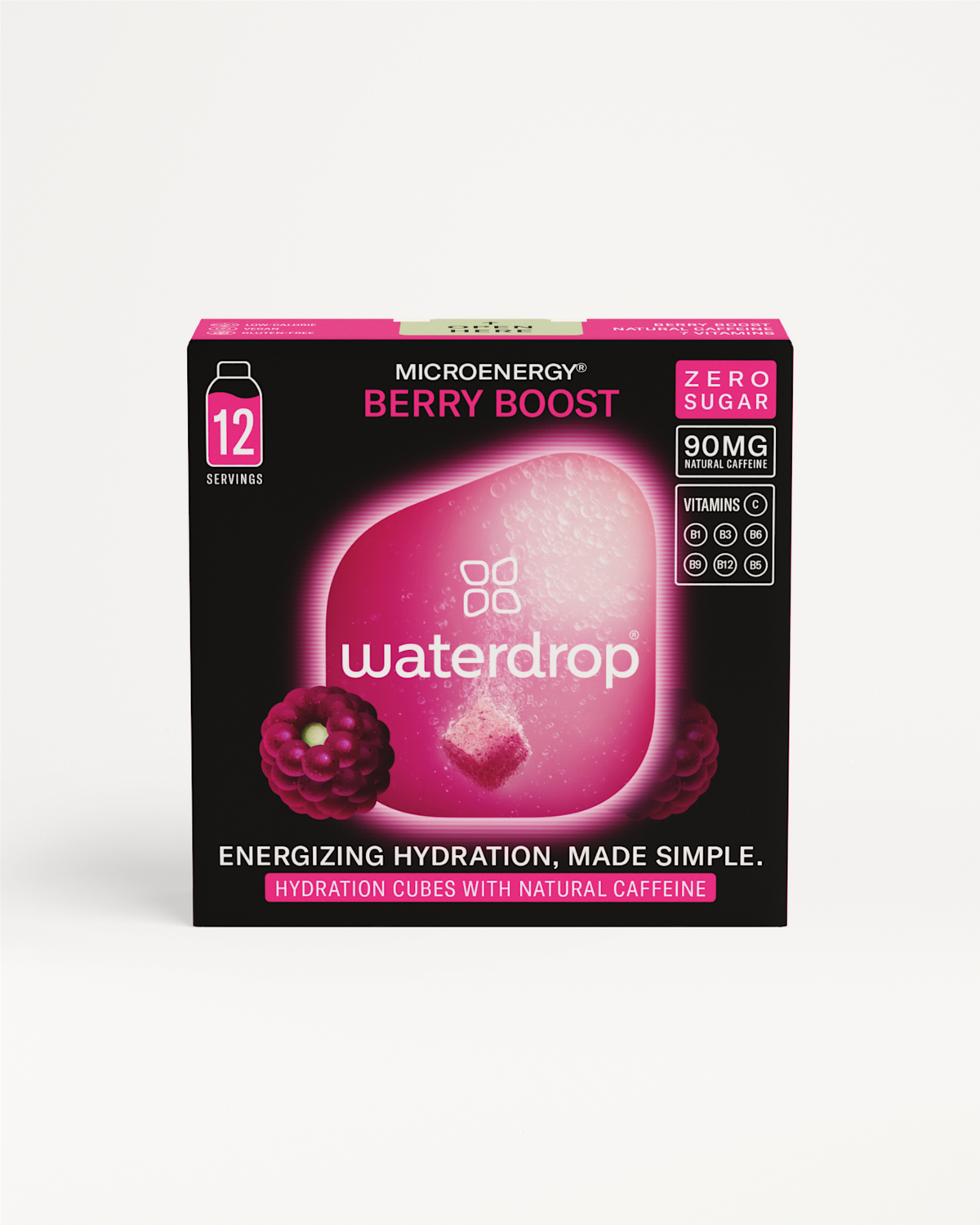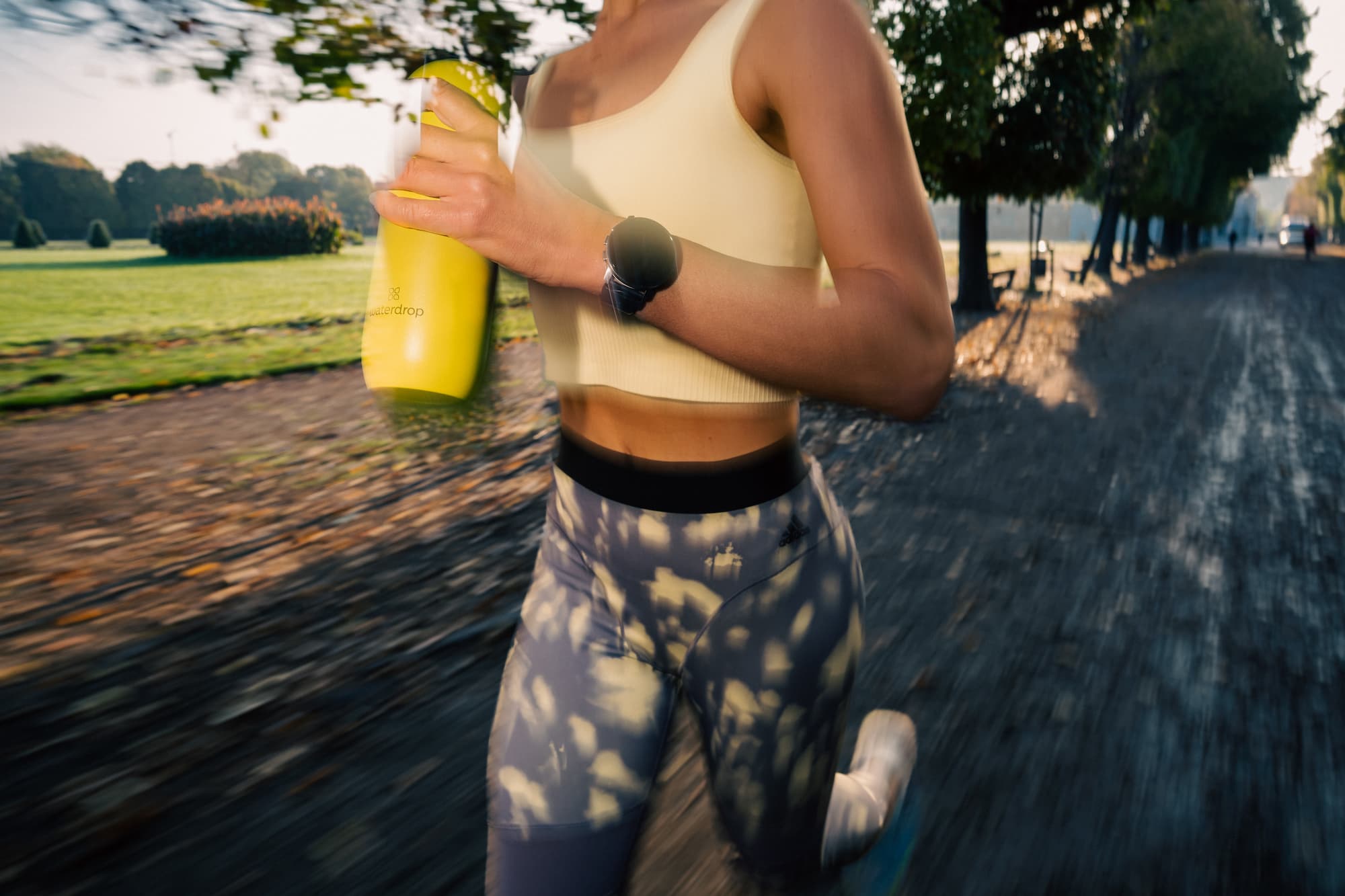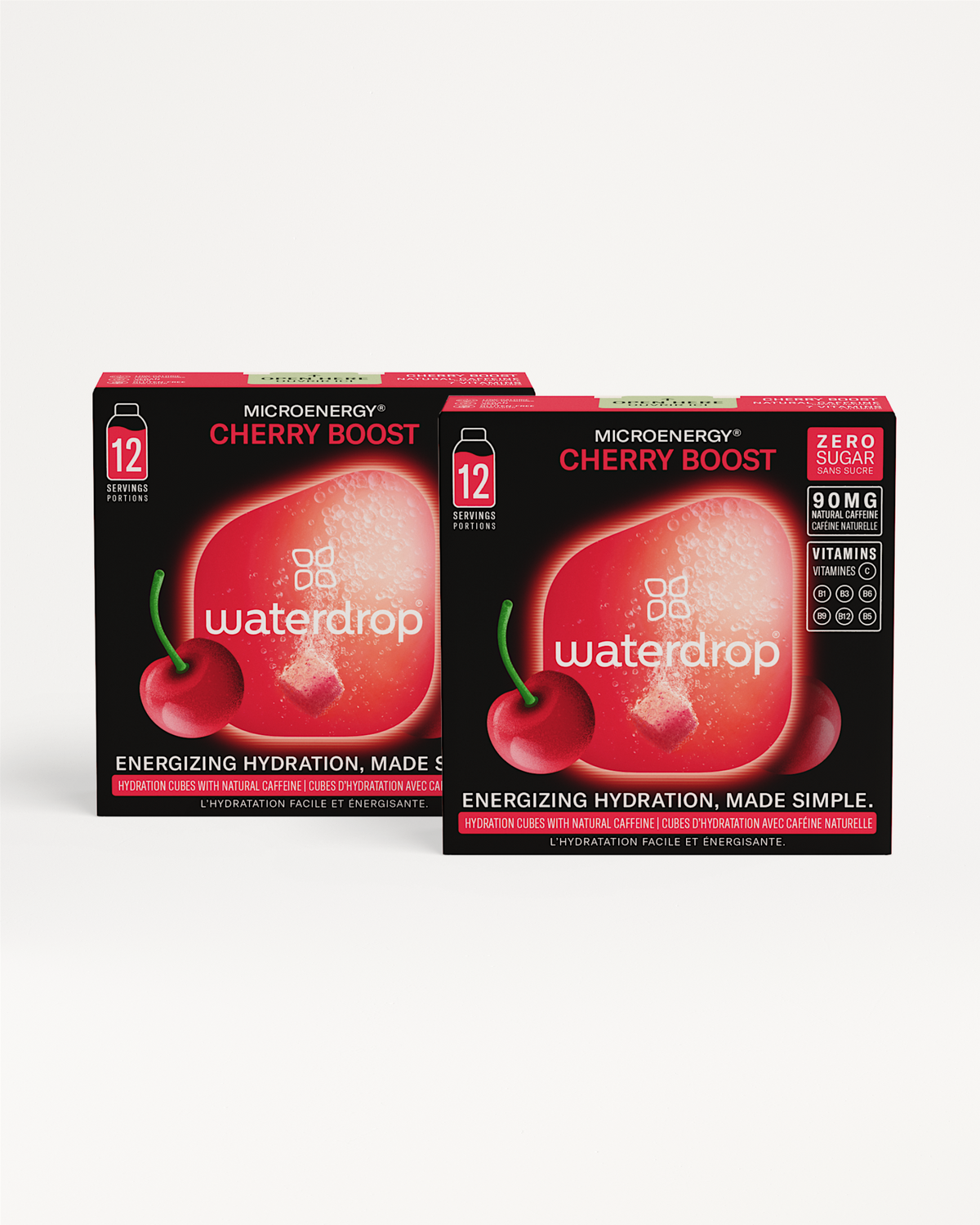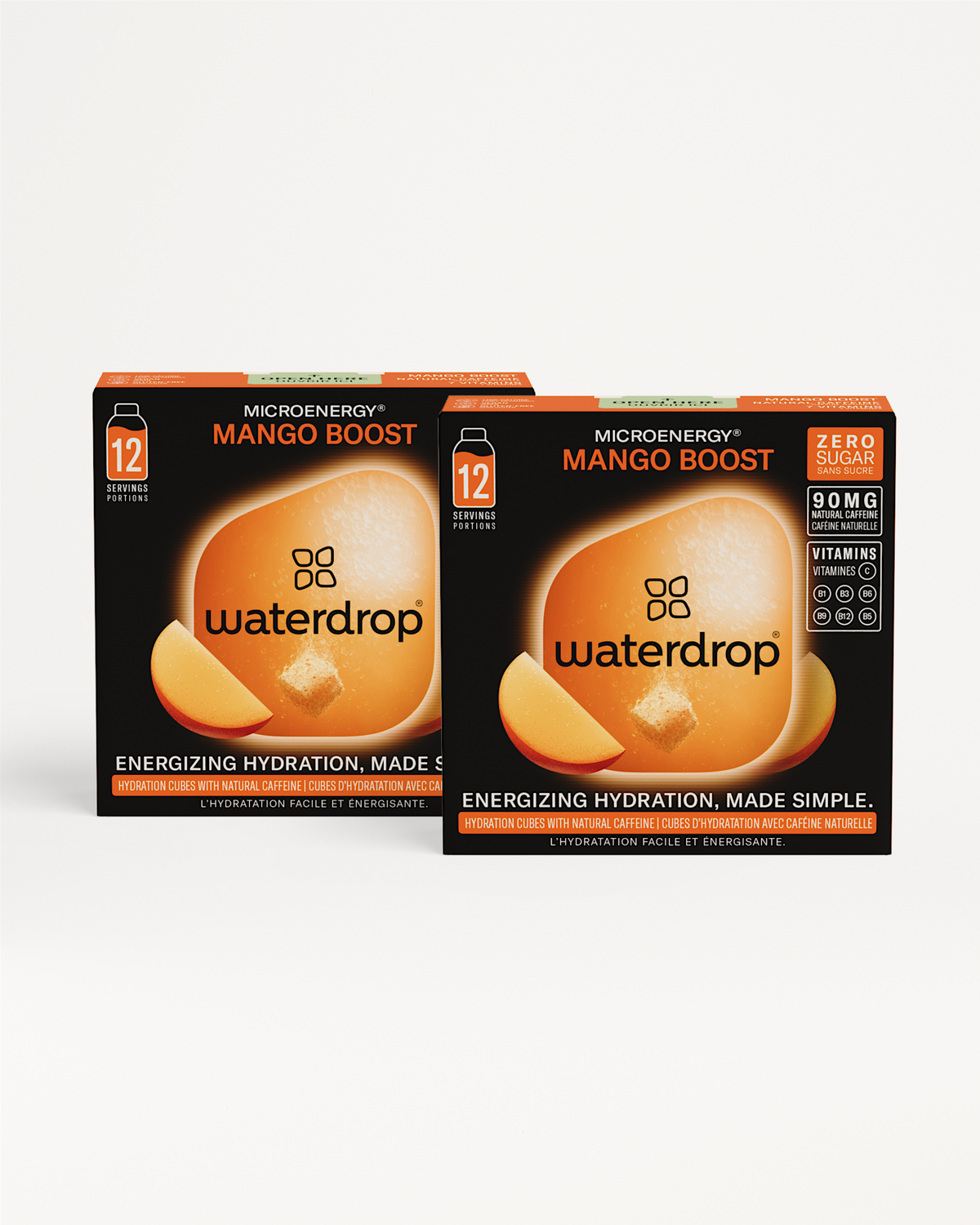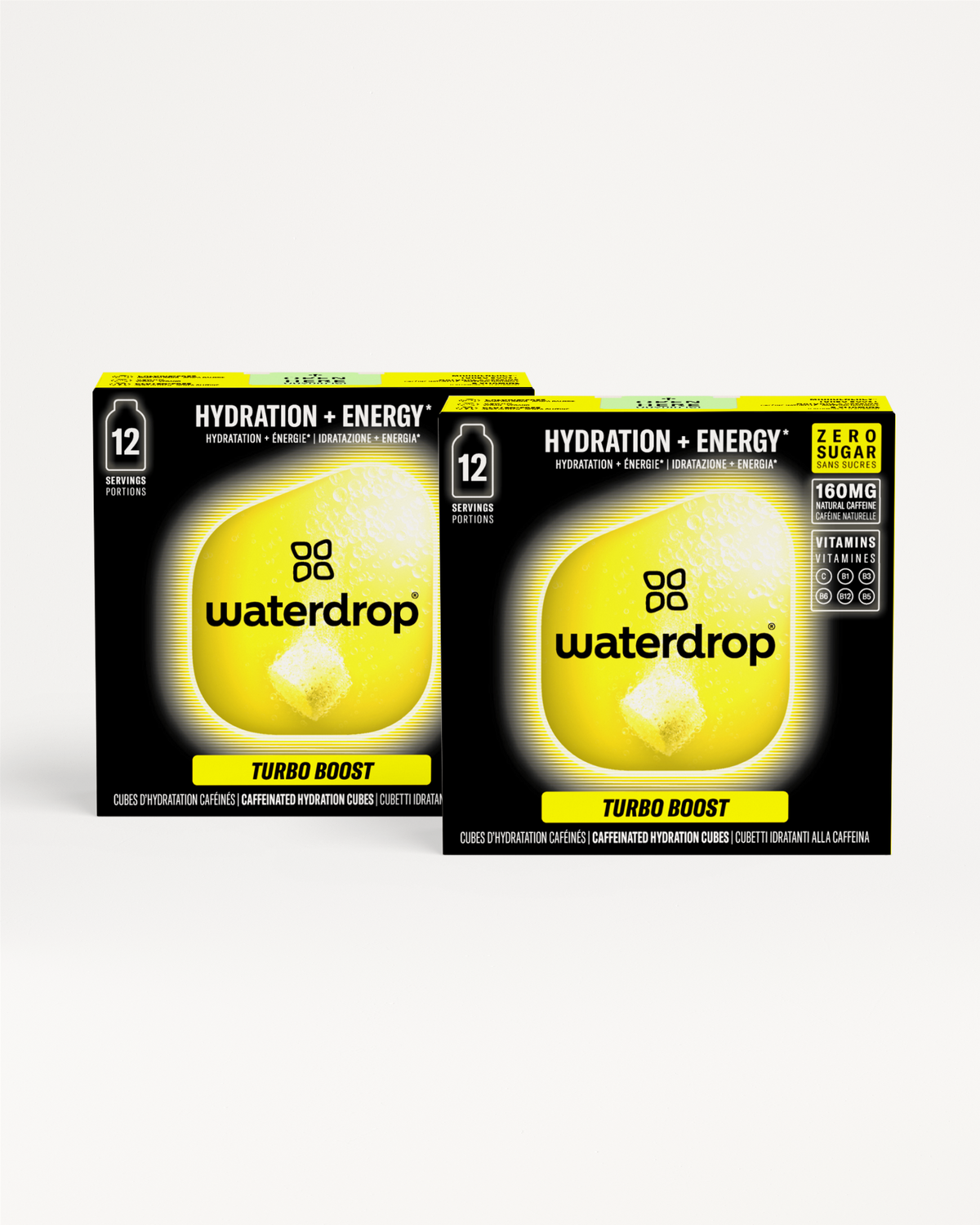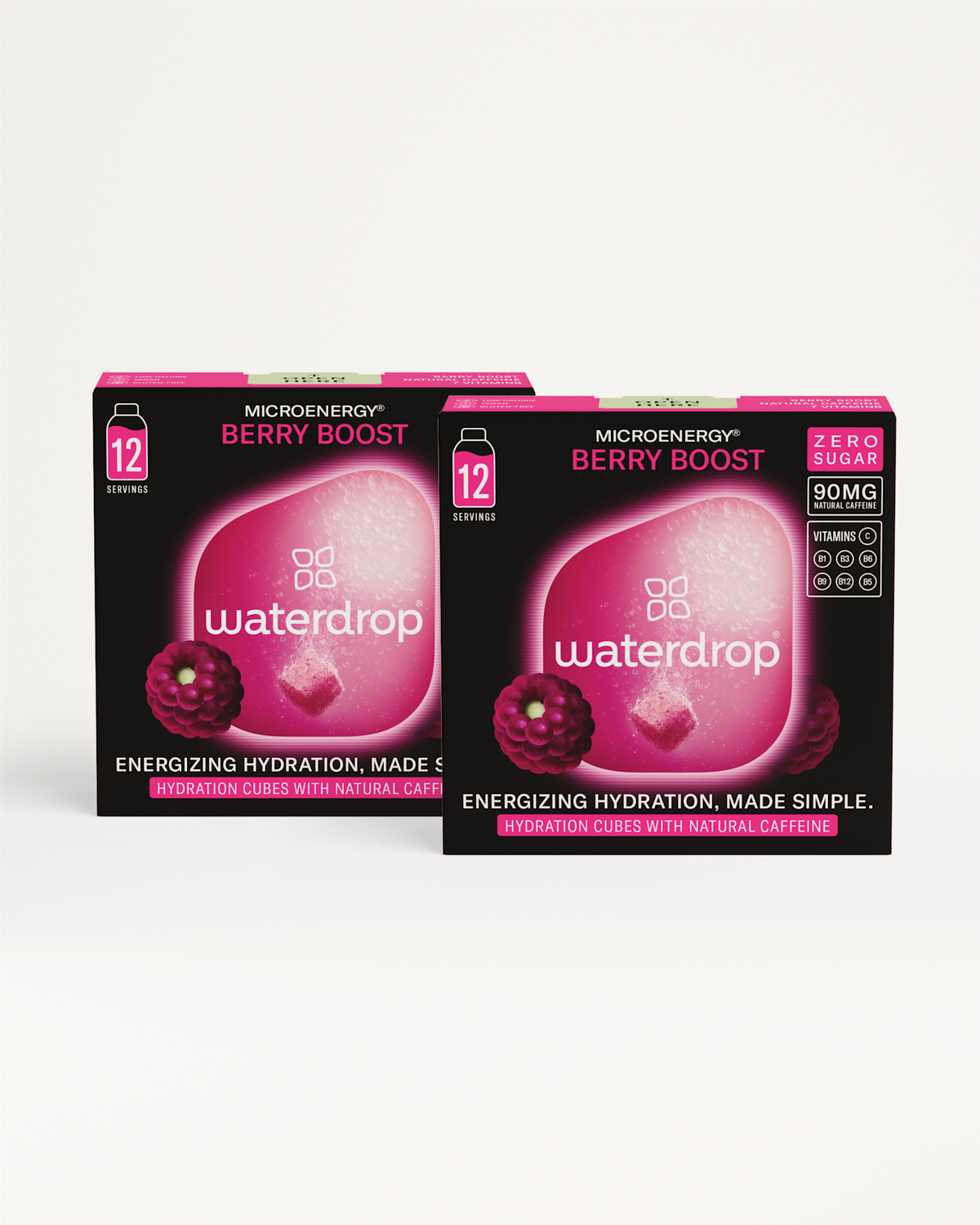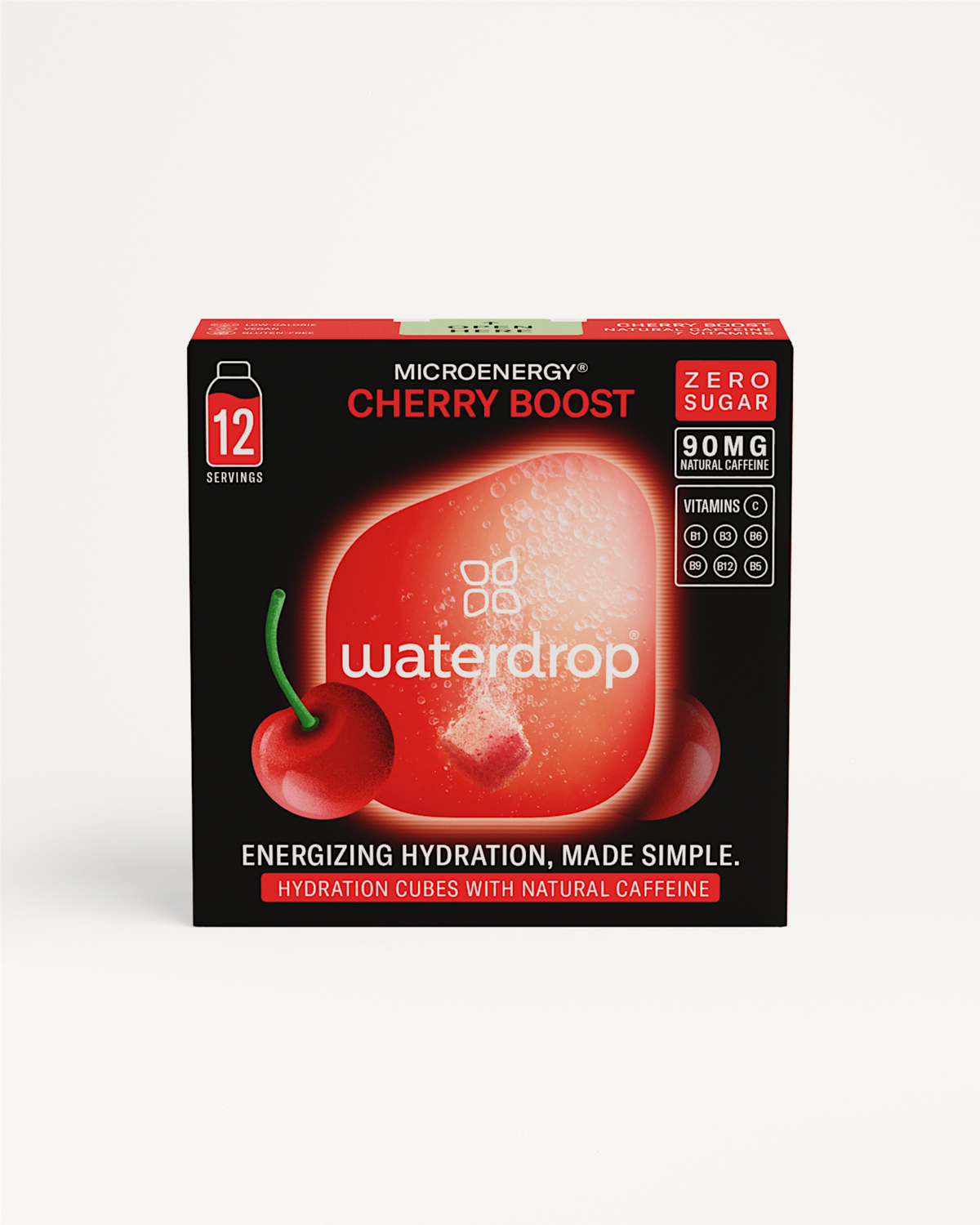One thing is clear, we need to clarify today how we drink tomorrow – both for the sake of us and our surrounding environment. Allow us to tell you more about why filtering water isn’t only beneficial for your health and wellbeing, but for taste and the wider implications on nature.
Why should I filter tap water?
Although legal limits are set in place to reduce the number of contaminants found in tap water in order to protect human health, far more pollutants enter drinking water through industry, agriculture, the environment and human influences, and the concentration of these substances is rarely monitored. These substances can include heavy metals, hormones, medicines and microplastics.
And as for any country, regional variations in water hardness, which is influenced by geographic subsoil, can also affect the quality of water that comes out of your tap.
A water filter, in this case, would therefore help to remove such pollutants from your tap water, and as a result, improve its overall taste and smell. Another result? Bottled water from any supermarket quickly becomes unnecessary – as does carrying around a disposable bottle.
How does a water filter work?
Water filters use selected filter materials to remove a wide range of impurities from tap water, including chlorine, drug residues and the smallest particles of, for example, microplastics. Two of the most common ways of filtering water are by using activated carbon and ion exchangers.
The LUCY® Clarity Pad combines both of the above filtration methods. Compactly woven activated carbon fibres meet innovative ion exchange technology to effortlessly remove numerous pollutants from your tap water—incredibly fast. Thanks to the patented filter process, valuable minerals such as magnesium and calcium remain in the water: lose the bad stuff, but keep the good.
Which pollutants does a water filter remove from drinking water?
Which pollutants are actually filtered out of tap water very much depends on the type of filter or filter material. The LUCY® Clarity Pads filter the following pollutants:
-
Heavy metals
Heavy metals can enter drinking water, for example, through the installation of copper and lead pipes. Depending on the type of heavy metal, even small amounts can have an impact on your health.
-
Chlorine
Chlorine is used to disinfect water to rid it of germs. Most water companies in the UK aim to keep chlorine levels in tap water under 1 mg/litre.
-
Medication Residues
Residues of medicines can enter the water cycle via wastewater, but also from soil and groundwater, and therefore affecting the quality of tap water.
-
Oestrogens
Medicines, especially the contraceptive pill, can contribute to the female hormone oestrogen occurring in tap water. The exact effects of this are still largely unexplored.
-
Coarse particles
Coarse particles such as microplastics also find their way into the water cycle in a variety of ways. On the other hand, valuable minerals are preserved in the water. This includes lime, which is formed from the calcium present in drinking water. The healthy magnesium and calcium content is not affected by the filter of the LUCY® Filter Carafe.
Filtering tap water: the advantages at a glance
- Pollutants are filtered out
- Valuable minerals are preserved
- Improved taste and smell of the water
- Makes plastic bottles filled with water unnecessary
- No longer need to carry around heavy water bottles
- Reduces plastic waste
- Less expensive than bottled water
How long can water filter pads be used for and when should they be disposed of?
To make the filtering process more sustainable, we have not only minimised the plastic use of the LUCY® Filter Carafe, but we also use durable and more sustainable materials. Just one LUCY® Clarity Pad replaces up to 240 plastic bottles (500 ml).
Sustainably designed, a Clarity Pad lasts up to 4 weeks or 31 gallons of water with daily use and can be easily replaced and disposed of in residual waste.
Purifying water on the road with UV light
If you want to enjoy clean drinking water on the go, it’s best to use a UV light. The UV-C purification function on the intelligent LUCY® Smart Cap can deactivate up to 99.9999% of potential germs such as bacteria, moulds and viruses, and therefore, can reliably purify water when on the move.






















